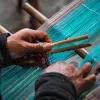“The goal of BioGrip is to empower disabled people by giving them back their independence through technology,” said Alan Hernández, Tec graduate and co-founder of BioGrip, a startup selected for the Techstars: Boston Accelerator program.
BioGrip is a Mexican startup focused on developing technology systems to help people with mobility disabilities, which will now be part of an acceleration program in the United States.
The startup was the winner of INCmty’s 2022 INC Accelerator and won the award for best technology at the 2022 Entrepreneurship World Cup in Saudi Arabia.
“It’s an opportunity for growth in which disruption determines its potential,” shared Hernández, who is also a professor at Tec de Monterrey’s Chihuahua campus.
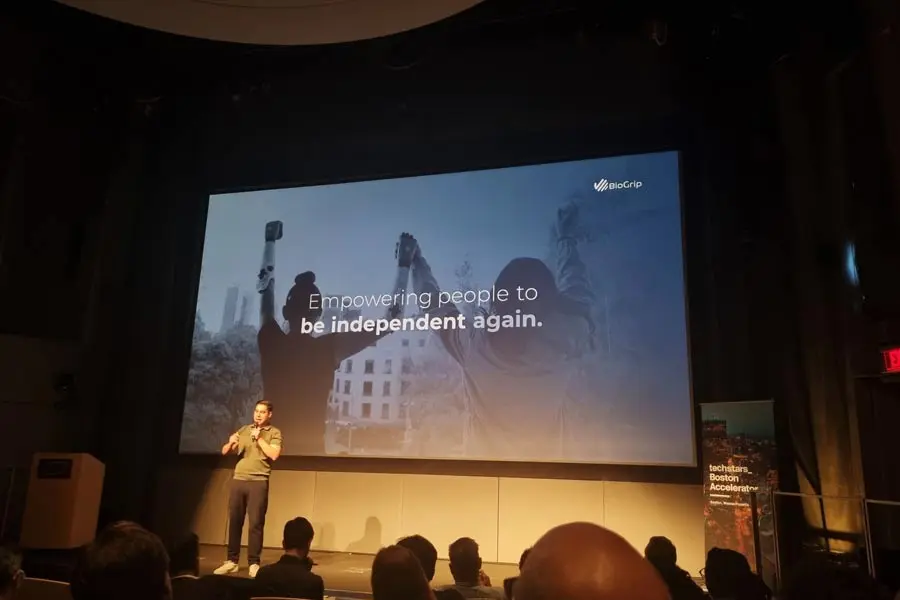
BioGrip in the Techstars Boston Accelerator program
In 2023, Alan Hernández and his partner began the application process to win a place in one of the Techstars: Boston Accelerator programs.
This was a significant opportunity for them due to the presence of a major medical development ecosystem in Boston.
“Techstars is one of the best-known acceleration programs in the world and is the one that invests the most in early-stage startups of any vertical,” explained Hernández.
After a series of interviews, BioGrip was selected to occupy one of the program’s 12 available places along with other startups from the United States, Canada, Turkey, and the United Kingdom.
“We’re the only Latin American startup on this program in Boston,” said the entrepreneur and Tec academic.
The program kicked off in March 2024 and they received advice and access to tools and investors to accelerate Biogrips’s growth over 3 months.
“More things have happened in 2 and a half months than had happened to us in one whole year,” he said.
This acceleration has had 2 key aspects: networking and personal development.
The Tec graduate pointed out that the network of contacts and the speed with which you acquire the necessary tools are significant.
“It’s a completely different vision and way of thinking. These are literally the big leagues,” Alan confirmed.
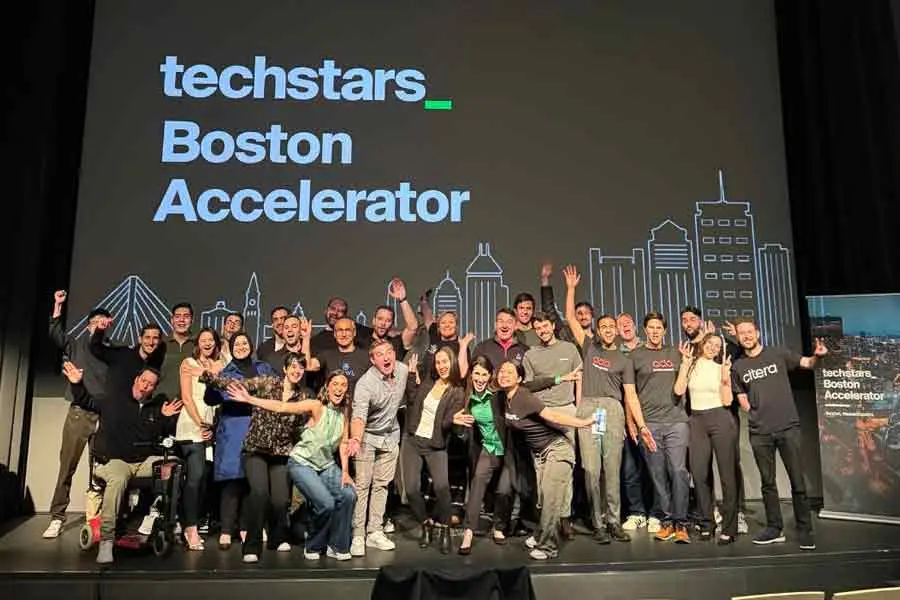
Adaptation and learning in the Boston acceleration program
During the first few weeks of the program, they had to adapt to the pace and everyday life, which are different to those in Mexico.
“If the program is going at 120 km/hr, I have to go at 150.”
Alan said that before this opportunity he hadn’t considered the possibility of speaking with medical innovation directors. While in Boston, he took advantage of his stay to talk about BioGrip at MIT.
“I had to shift the paradigm that it isn’t a matter of not being able to, it’s a matter of when you want the investor or contact.”
The Chihuahua campus professor also suggested taking action when ideas arise and considering trying it if it’s something you’re passionate about.
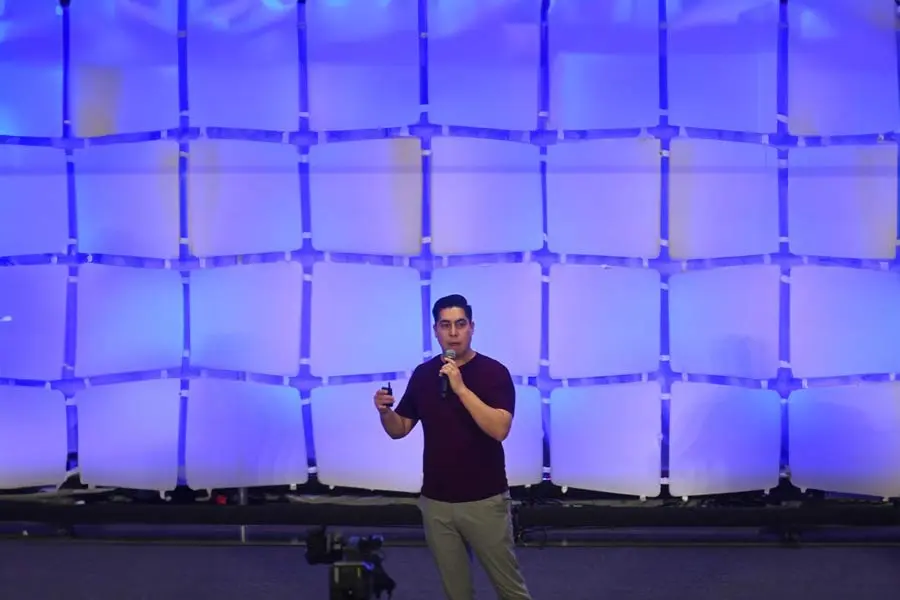
Alan said that: “The first few years of being an entrepreneur are for making mistakes, but also for learning quickly.”
“Being an entrepreneur is difficult, there will always be mistakes and stumbles. It’s a very bumpy road, but I’ve learned a lot.”
Using technology to enhance human abilities
BioGrip came about to address the problem of people with upper limb amputations, starting by making bionic arms.
This bionic prosthesis uses mechanics, electronics, and artificial intelligence to translate brain signals for a control system.
Alan explained that the technology isn’t in the arm, but in an interface that captures electrical signals from the body and can forward them to any necessary device.
“The first few years of being an entrepreneur are for making mistakes, but also for learning quickly.”
“We want people to hear about BioGrip for the control system that helps create rehabilitation devices,” said Alan Hernández.
“BioGrip seeks to bridge the gap between technology and humans by making it more accessible to society.”
They’re currently developing another post-surgical rehabilitation device for people who have had severe nerve injury in which there may or may not be a complete limb loss.
“The nerves are what takes the longest to rehabilitate in a transplant, so the control system enables faster rehabilitation,” concluded the Tec graduate.
Recently, BioGrip was selected from among over 280 startups from 16 countries to represent Mexico and Latin America at a global event in Rio de Janeiro.
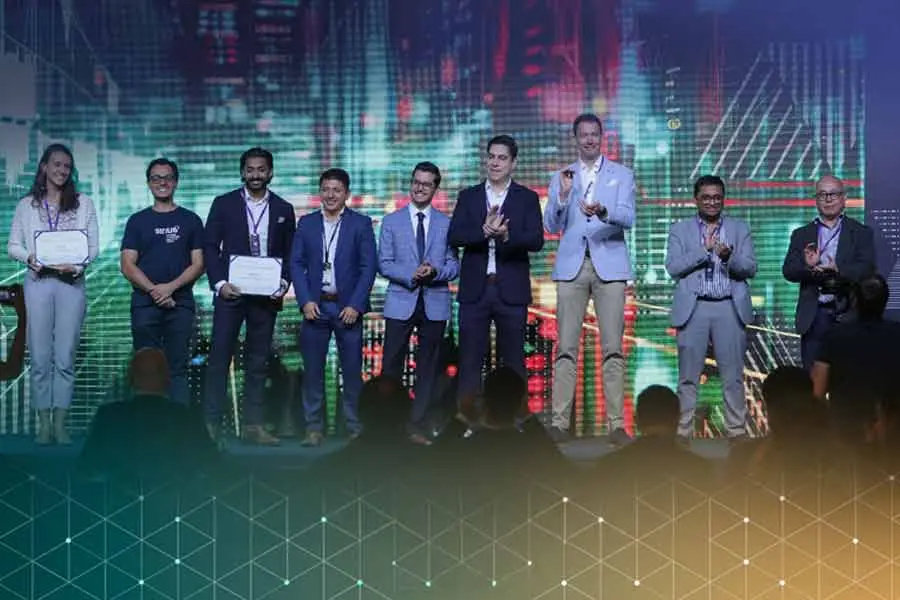
YOU MIGHT ALSO BE INTERESTED IN READING:





